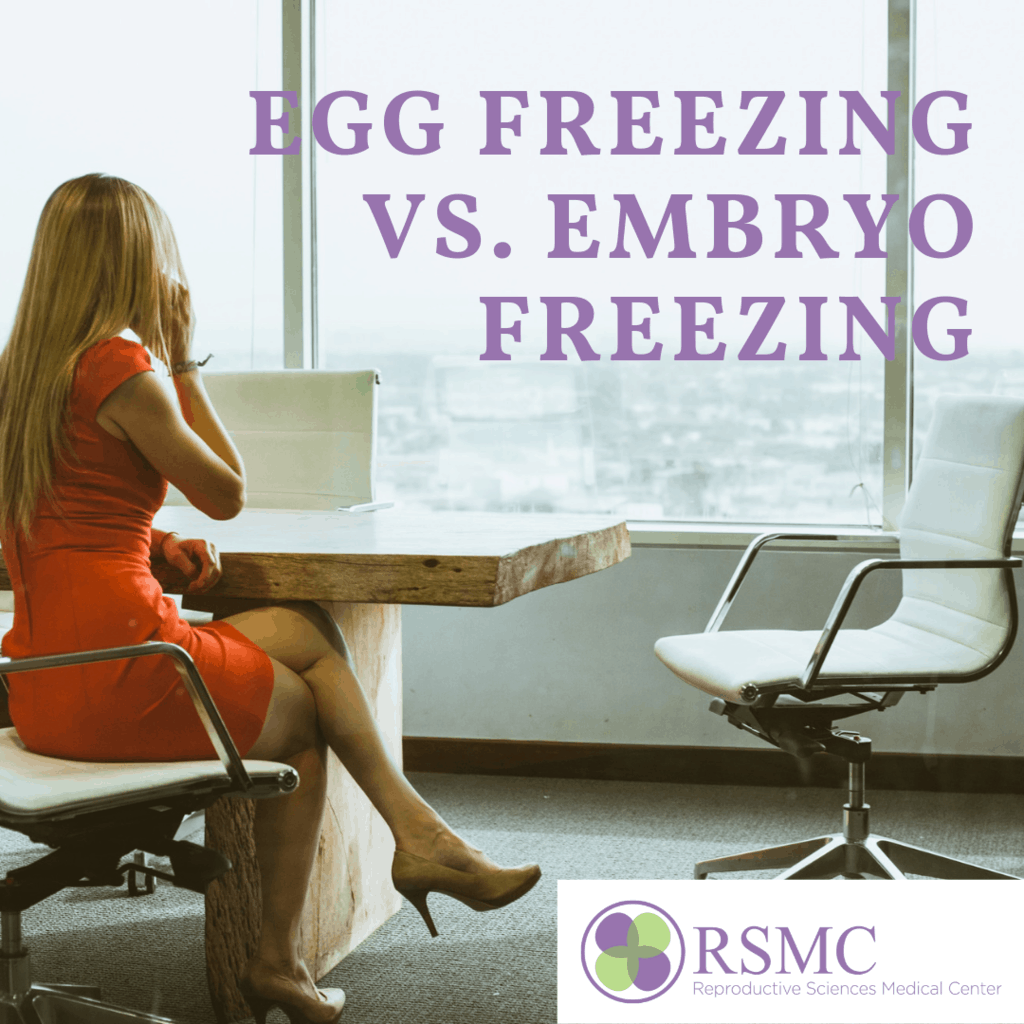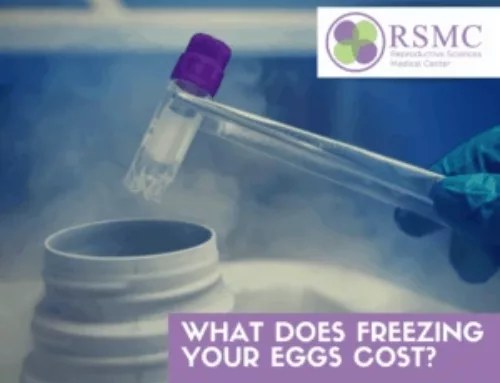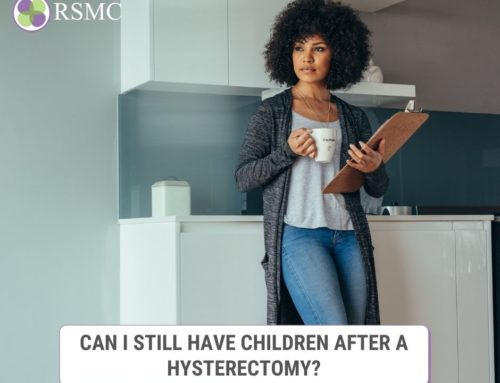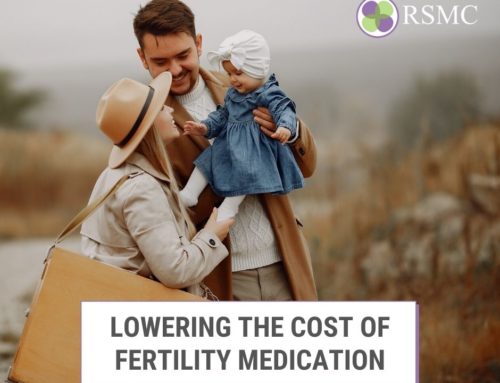Freezing eggs and freezing embryos are two separate processes, each with their own advantages and disadvantages. In the past, when slow freezing technology was used to freeze eggs and embryos, frozen embryos had the higher survival rate. Now, due to the process of vitrification, the survival rate of an embryo and an egg is almost the same.
However, many individuals still believe that the chances of a frozen embryo resulting in a pregnancy are still higher. But when you look at the statistics, it’s not a true comparison. Regardless of the method you choose, you still need several eggs to get one embryo. You may choose to first freeze your eggs and then fertilize them later to form embryos. You can also use fresh eggs, fertilize them and freeze the resulting embryos. Whichever method you choose, your chance of pregnancy remains the same.
The main difference between egg freezing and embryo freezing is that the latter requires sperm.
Egg freezing involves retrieving your good-quality eggs and freezing them for future use. As for embryo freezing, the collected eggs are fertilized and frozen for future use.
The female egg is made up of a single cell, which contains mostly water. When you freeze eggs, you are essentially removing all the water they contain and putting them in liquid nitrogen. Since an egg is just one big cell full of water, it is not as sturdy as an embryo. On the other hand, embryos are made up of many cells (up to 100) and are therefore stronger. An embryo still has a lot of structure to it, even after all the water in it has been removed.
If you want to freeze your eggs, you will need to take fertility medications for up to 2 weeks. This is in order to stimulate your ovaries to produce a large number of eggs. You will also be monitored to ensure that your eggs are maturing. This is done via ultrasound. Once your eggs are ready to be retrieved, you will go through the egg retrieval process under mild sedation. This process involves the use of a nonsurgical vaginal retrieval method with the help of an ultrasound. The eggs are then flash-frozen (vitrification) after retrieval.
But if you have a sperm donor or a partner at that time, your eggs can be fertilized with sperm. The resulting embryos will be frozen.
While neither procedure is no longer considered experimental, they still are not recommended as “fertility insurance.”
There are many reasons why people choose to freeze their eggs or embryos. Women with cancer who are planning to undergo treatment are the first group that always lead this topic. They freeze their eggs before treatment. The hope is that they can use them to have a baby in the future.
Egg freezing may also be the “go-to” procedure for partners who will undergo IVF treatment but would not like to freeze their embryos. To be specific, embryo freezing is usually an option for couples or individuals who are trying to conceive via in vitro fertilization and have more embryos than they are ready to use at the moment.
ASRM used to consider egg freezing as an experimental procedure. However, the organization has now “okayed” the use of the procedure. Generally women with fertility issues or conditions that could compromise their ability to get pregnant in the future, freeze their eggs. However, egg freezing is still not recommended as an insurance policy that is going to allow you have children whenever you want to — even though that is the main reason why some people opt for it.
In a 2014 committee opinion, the American Congress of Obstetricians and Gynecologists (ACOG) said that, “There is not sufficient data yet to recommend egg freezing (oocyte cryopreservation) for the purpose of getting around reproductive aging in women. This is because there is no data supporting the efficacy, safety, emotional risks, ethics as well as cost-effectiveness of the procedure for this indication.”
Neither embryo freezing, nor egg freezing is guaranteed to help you have children in the future.
The analysis of the cost/benefit of these fertility preservation methods is a bit personal. However, this does not mean you should believe egg freezing guarantees you are going to have kids in the future.
Since eggs are not as strong as embryos, there is a very high possibility that some will be lost during the thawing process. According to a renowned fertility expert, it may take more than 15 frozen eggs to get 1 or 2 good-quality embryos. This is mostly due to attrition since eggs are first thawed, fertilized, and then transferred or frozen again. So, it is more sensible to freeze your embryos if you have a partner that you are planning to have children with.
Plus, while most embryos and eggs usually survive the thawing process, this does not in any way mean you are going to end up with a child. According to ASRM, the probability that a frozen egg will result in a child is about 2-12 percent. This is even the case in younger women below the age of 38. And the pregnancy rate per frozen egg decreases as women become older along with the quality of their eggs.
Experts revealed that it usually takes 5 to 6 thawed eggs to make one good embryo. However, it depends on the individual. There are cases where one thawed egg yields a good embryo. In other cases, ten thawed eggs may not produce one single good-quality embryo. Women who are considering egg freezing or have already frozen their eggs not only need to understand typical results. They also need to get ready for less than average results.
Conclusion
As always, if you are not sure which method is best for you, consult your fertility doctor. They have the skills, knowledge, and experience. And they can help steer you in the right direction.
If you have additional questions regarding fertility preservation options, you can always reach out to Reproductive Sciences Medical Center. This is a fertility clinic in San Diego. Visit us at www.fertile.com. You can also call at (858) 436-7186 to schedule a consultation.























